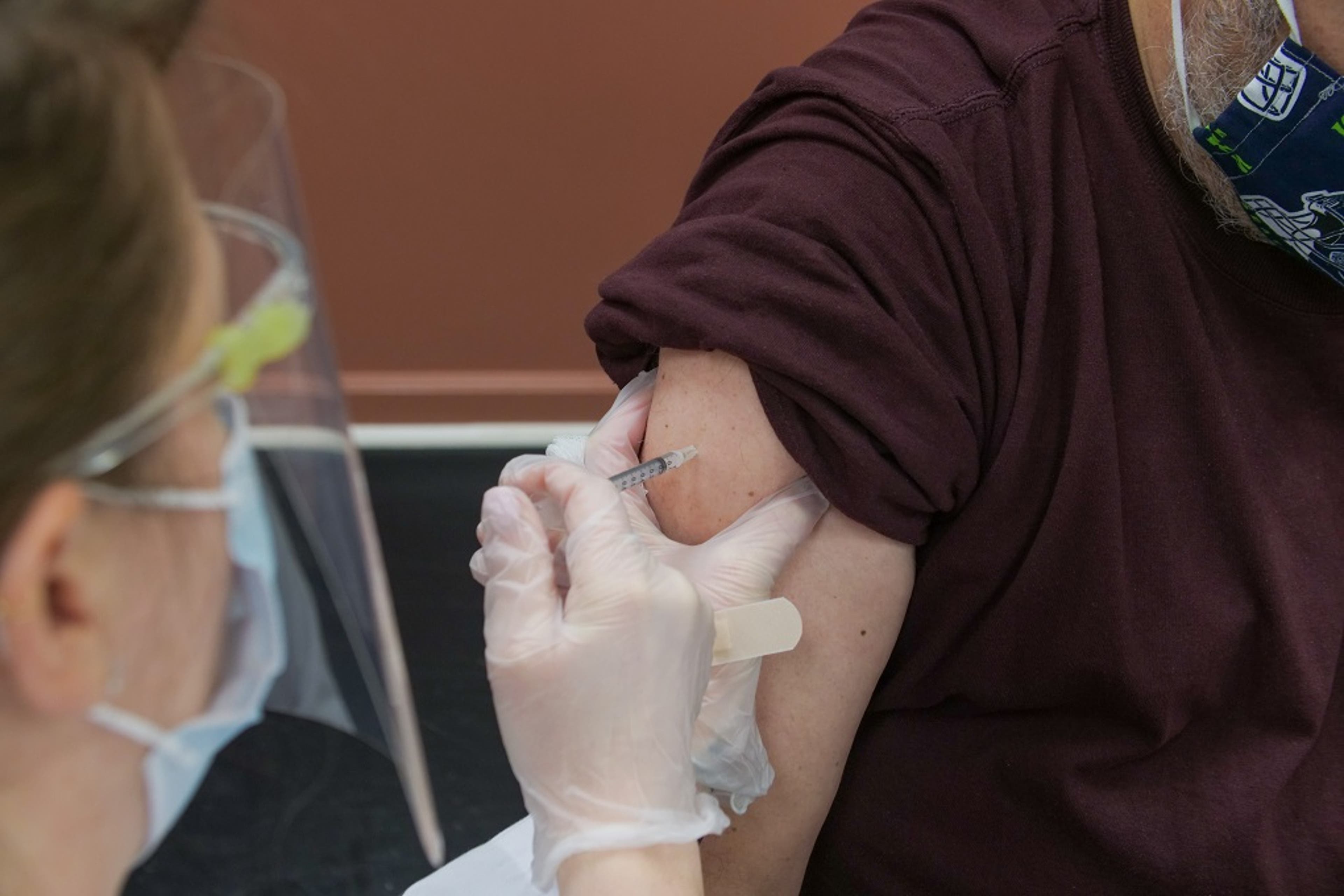Like so many around the world, companies in Brazil are grappling with the impact of the COVID-19 pandemic and are working to figure out the best way to return to office while protecting employees’ health and safety.
A new ordinance issued Nov. 1 by Brazil’s Ministry of Labor and Welfare, and subsequent legal challenges, are causing even more uncertainty as companies determine how to move forward.
Ordinance # 620/2021, which establishes rules and restrictions around employee COVID-19 vaccinations, states an employee's failure to provide proof of vaccination is not cause for termination, or any other adverse action, and doing so, or demanding proof of vaccination in the hiring process, is equal to discrimination and forbidden in Brazil’s Constitution. Under the ordinance, companies may create policies encouraging employee vaccination and conduct periodic COVID-19 testing for those who do not want to provide proof of vaccination.
Four cases filed before Brazil’s Supreme Court are challenging the constitutionality of Ordinance # 620/2021, and Nov. 17, the court suspended the provisions prohibiting employers from requiring proof of vaccination from employees and applicants, or potentially face discrimination charges. The court also determined that a medical condition is the only acceptable vaccination exception.
“The court sustained that it is within the directive power of the employer to choose who they hire and to terminate who does not comply with their directives with or without cause, in particular when the action relates to the health and safety of other employees, as it is the employer’s obligation to maintain a safe work environment,” Littler Shareholder Renata Neeser, CIPP/E, CIPM, said. “It also explained that the recognition of the unconstitutionality of the ordinance’s provisions only reinstates the employer’s right to terminate the employment contract. It does not mean, however, that the employer must necessarily do so, and that it must adequately consider the circumstances of the specific case before a termination.”
The Brazilian government has said it will appeal the Supreme Court’s decision, while the court is set to decide on the merits of the legal challenges between Nov. 26 and Dec. 3.
The challenges question the authority of the Ministry of Labor and Welfare to define discrimination and regulate wrongful termination, arguing such regulations should instead be submitted and discussed through the legislative process, said Opice Blum Lawyer Henrique Fabretti Moraes, CIPP/E, CIPM, FIP, CDPO/BR.
“There’s a lot of conversation about this,” Moraes said.
Neeser said Ordinance # 620/2021 goes against established views of the labor courts, the Labor Prosecutor’s Office, unions and other trade organizations, which have stated “that the health and safety of employees collectively are more important than personal interests.”
In a Littler blog post, Neeser and Littler Correspondent Partner Marília Nascimento Minicucci write President of the Superior Labor Court Justice Maria Cristina Peduzzi on Sept. 14 issued a public statement clarifying “employees who refuse to be vaccinated may be terminated for cause on grounds that the collective interest (and public health, in the face of the pandemic) must prevail over the individual one, as well as that it is the employer’s obligation to ensure the health and safety of its employees.”
The Labor Prosecutor’s Office also issued a technical note recommending employers require proof of vaccination from employees and others, such as service providers, as a condition to enter work facilities, except in cases of medical exception.
If the challenged provisions of Ordinance # 620/2021 were reinstated, employers could face discrimination claims from employees, which could lead to claims for damages.
“Also, and likely more significant, if the employee is terminated for cause, they could claim that the termination was discriminatory and thus they would be entitled to reinstatement with back pay or double pay,” Neeser said.
In the meantime, Moraes said many companies are asking questions around what actions they can legally take regarding employee vaccination. He said proof of vaccination or testing can be required, while Neeser added companies should accommodate individuals who cannot be vaccinated due to medical conditions.
“Employers should not make any decisions to terminate for cause employees who refuse to get vaccinated without a valid medical justification until the Supreme Court decides the fate of Ordinance 620/2021,” she said.
Photo by Steven Cornfield on Unsplash

